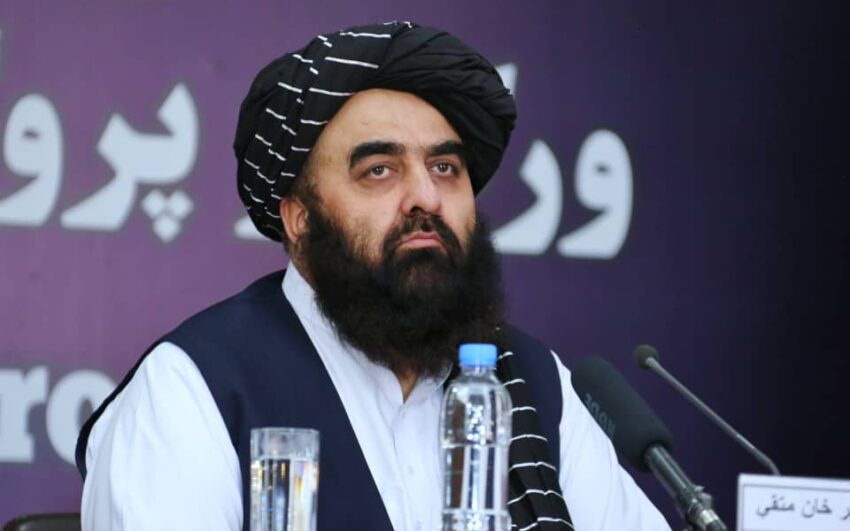At the fourth coordination meeting between the Taliban and UN agencies, held on January 15 at the Ministry of Foreign Affairs in Kabul, the Taliban’s foreign minister, Amir Khan Muttaqi, called for continued international assistance to Afghanistan. He stressed that aid should align with the needs and priorities of the Afghan people while also having long-term benefits for the country.
This appeal for global support comes as the Taliban administration faces mounting criticism for its blatant disregard for international norms. While claiming to work towards Afghanistan’s development, the Taliban has been widely condemned for its oppressive policies, particularly against women, and its alleged support for terrorism in the region.
Taliban’s Contradictory Demands
Amir Khan Muttaqi emphasized the need for aid to focus on infrastructure and sustainable development rather than just humanitarian relief. He highlighted several priorities, including the resettlement of returning refugees, providing alternative livelihoods for farmers, supporting the health sector, addressing climate change challenges, and improving mine clearance operations.
However, these demands for developmental assistance starkly contrast with the Taliban’s actions. The group’s restrictions on women’s education and employment have crippled Afghanistan’s progress and drawn widespread international condemnation. Their oppressive regime has turned Afghanistan into one of the most challenging places for women and girls.
Promoting Terrorism While Seeking Aid
The Taliban’s call for aid also raises questions about their alleged support for terrorist organizations like the Tehrik-i-Taliban Pakistan (TTP). The TTP has been accused of carrying out numerous attacks in Pakistan, destabilizing the region. Furthermore, the Taliban’s failure to sever ties with extremist groups undermines their credibility on the global stage.
A Call for Development Amid Atrocities
Despite their anti-West rhetoric and non-compliance with international norms, the Taliban is urging the global community for developmental assistance. Muttaqi’s statement that “aid must be spent on long-term infrastructure systems” highlights their dependency on international funding. Ironically, this comes at a time when the Taliban continues to implement policies that isolate Afghanistan from the international community.
Their demand to access international financial resources for climate change and domestic production appears disingenuous when juxtaposed with their draconian measures, including restrictions on women, media suppression, and the promotion of extremist ideologies.
US Aid at Risk
This meeting coincides with the inauguration of US President Donald Trump, raising the possibility of reduced or halted US aid to Afghanistan. The Taliban’s reliance on international support is increasingly at odds with their hostile stance toward the West.
Hypocrisy on Display
The Taliban’s dual face—seeking international aid while promoting terrorism and flouting global norms—remains evident. On one hand, they portray themselves as advocates of Afghanistan’s development. On the other, they continue to undermine human rights and destabilize the region.
The international community is now faced with the challenge of addressing Afghanistan’s urgent needs without legitimizing the Taliban’s oppressive rule. The Taliban’s hypocrisy only deepens the dilemma of balancing humanitarian support with the need to hold them accountable for their actions.


